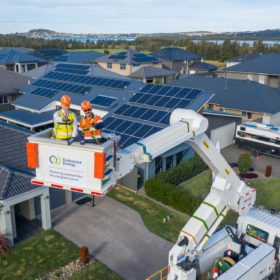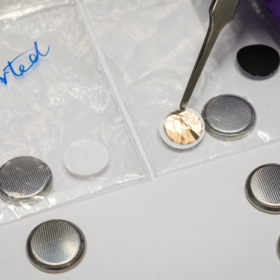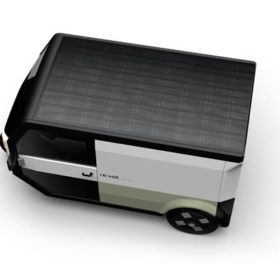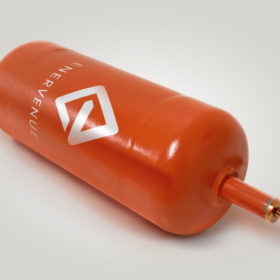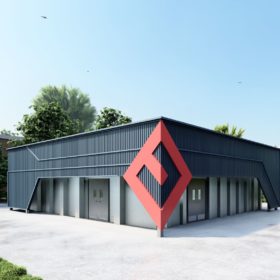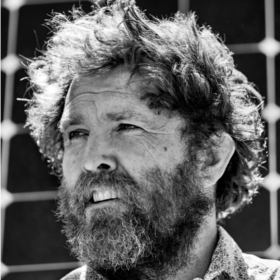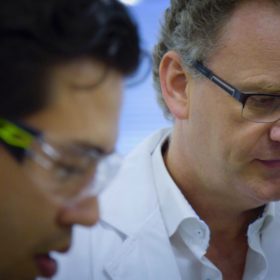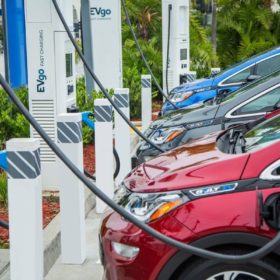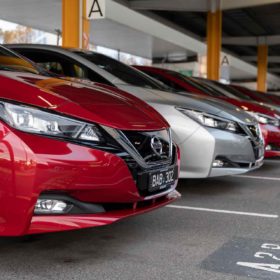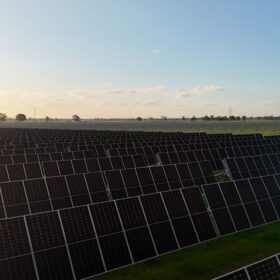How long do residential energy storage batteries last?
Multiple factors affect lifespan of a residential battery energy storage system. We examine the life of batteries in Part 3 of our series.
NSW unveils ‘world first’ scheme to shift electricity demand, expects saving of $1.2 billion by 2040
New South Wales households and businesses will soon be incentivised to install technologies and appliances which can operate outside peak demand times as part of a scheme the state government’s claims could save consumers $1.2 billion on electricity bills by 2040.
Novel technique to prevent fires in lithium-ion batteries
Singaporean scientists have developed a special device that prevents the formation of dendrites in lithium-ion storage. The additional layer they created works as an interface on behalf of the negative electrode, to exchange lithium-ions with the positive electrode.
Solar-powered delivery van with 400 km range
Swedish start-up Clean Motion is seeking to commercialise an electric delivery van that is also powered by IBC solar modules placed on its roof. The vehicle is claimed to have a 400 km range, of which up to 130 km are provided by the PV array.
Nickel-hydrogen battery for large scale renewables
U.S. start-up EnerVenue has secured funding to build a gigafactory to produce nickel-hydrogen batteries for large scale renewable and storage applications. The battery has an efficiency ranging from 80 to 90%, depending on the cycle rate, and its energy density per square foot is equal to, or better than lithium-ion batteries, according to the company.
Off-grid solar-powered data centre headed for regional Victoria on expansion path
Queensland-based data centre operator Edge Centres has announced its first off-grid 100% solar-powered centre for Victoria, taking the new company’s centre total to five as it forges ahead with plans to transform regional Australia.
Saturday read: Stage set for truce in Australia’s climate culture war
The highly polarised debate regarding renewable energy and action on climate change that has too long been a feature of the Australian political landscape could change, and change quickly, says Saul Griffith. The entrepreneur, scientist, and energy analyst is adding author to his job description next month with the release of his book “Electrify”, and he’s betting on a rapid transformation of the discussion within Australia as the advantages of “electrifying everything” become clear.
How zinc-bromide innovators Gelion found a way to cheaply manufacturer batteries in Australia
Sydney-founded battery company Gelion Technolgies today announced its partnership with lead-acid battery manufacturer Battery Energy Power Solutions. The news reflects a significant adjustment of the company’s battery design and business strategy, which is seeking to leverage industry shifts.
How safe are smart EV chargers?
Research has uncovered critical security threats associated with a number of common smart electric-vehicle chargers, but it’s not too late or too logistically difficult to remedy the issues.
The sci-fi future of EVs: vehicles could become the grid
Electric vehicles could autonomously transport electrons between where they’re generated and where they’re needed based on algorithms and smart software, predicts JET Charge CEO Tim Washington. Such a future, he admits, is “pretty sci-fi” and still a while off.

